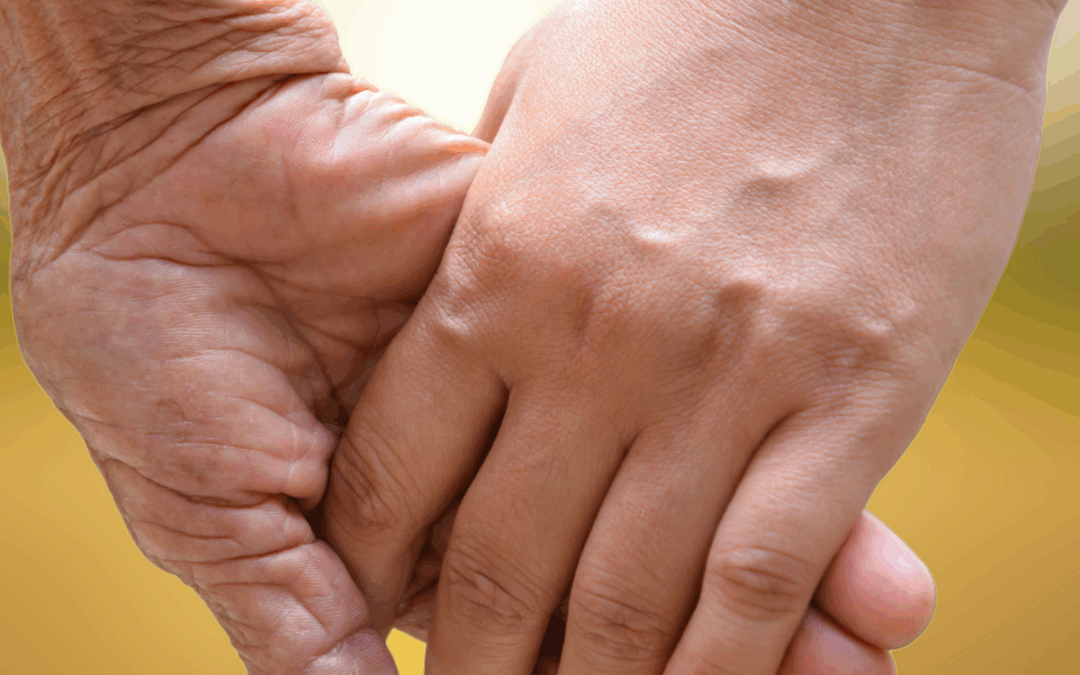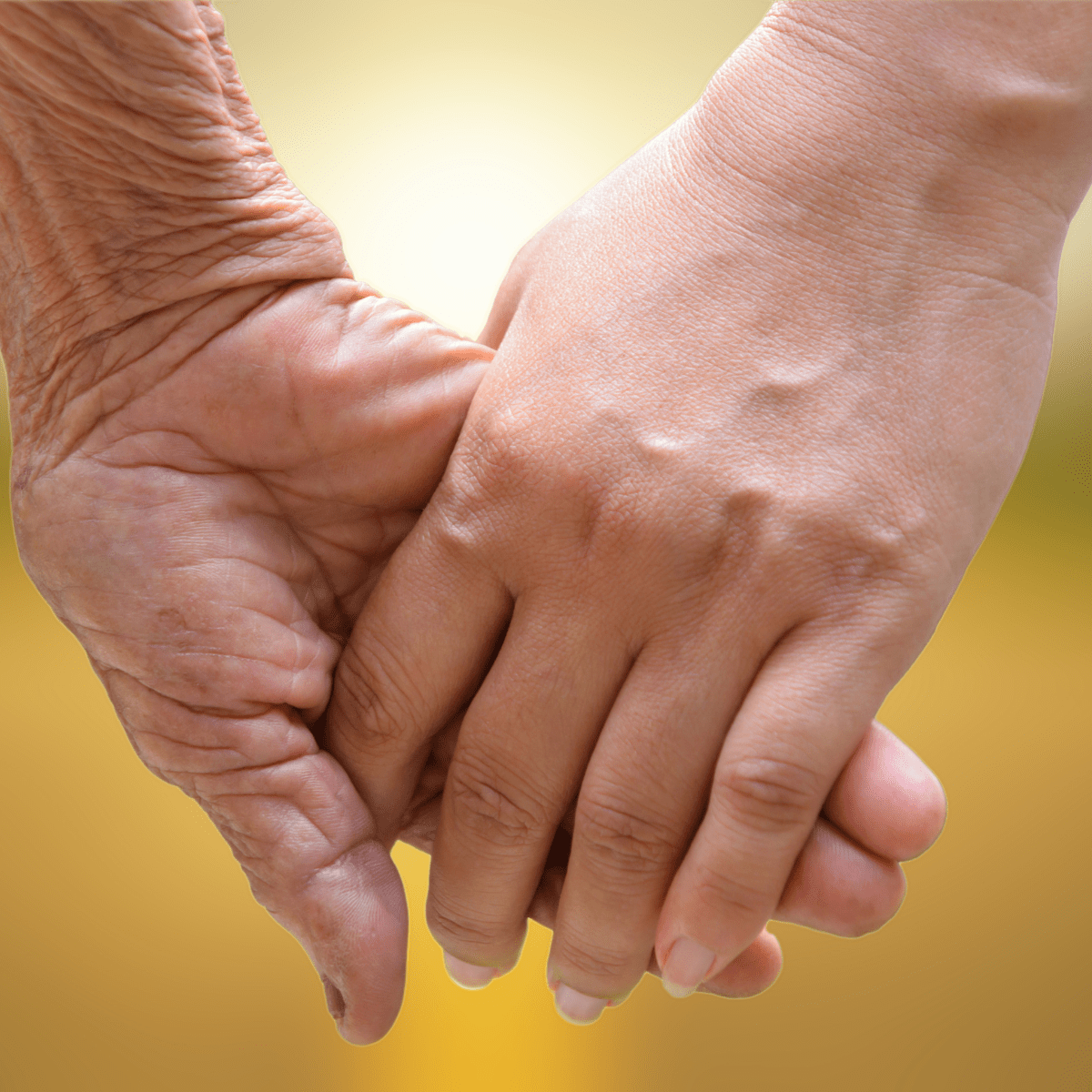Loneliness and the Power of Human Connection
Let’s talk about the ‘silent’ killers of loneliness and social disconnection. It’s so easy to think of loneliness as a purely emotional, but growing evidence suggests that feeling lonely isn’t just a psychological burden, it’s a serious health risk.
Loneliness is linked to higher rates of heart disease, dementia, depression and strokes. It dysregulates our immune systems, raises cortisol, and increases the risk of premature death. A large meta-analysis of 90 cohort studies (over 2 million adults) found that social isolation was associated with a 32% higher risk of all-cause mortality, and loneliness with a 14% higher risk.
And loneliness, which was once seen as something the affected the elderly, has become systemic in modern Briton with an estimated 4 million of us chronically lonely. Perhaps a scourge of western living – former US surgeon general Vivek Murthy was so concerned about loneliness that he issued a warning describing it as an epidemic on par with tobacco use.
Modern life has intensified the problem: remote working, urban living, screen time and ever-fragmented communities make deep, meaningful social connection harder than ever. As the world becomes more digitally connected we have, on the flip side, become emotionally disconnected. Studies have shown that social connectedness has a bigger impact on health than giving up smoking, reducing excessive drinking, reducing obesity and any other preventative interventions.
There are, however, inspiring initiatives responding to this crisis. ‘Compassionate Frome’, set up by Dr Helen Kingston and Jenny Hartell in 2013, focused on linking people into community activities and services. Over its first four years, while emergency admissions rose nearly 30% nationally, they fell by 14% in Frome. Its success has led to national and international interest.
In Bristol an initiative called Impact Alliance, a collaboration of 50 organisations is working with 6 pilot communities across the West of England to increase social connection and tackle loneliness. This aligns closely with the NHS Ten Year Plan which had a heavy focus on community using health coaches and social prescribing networks to shift healthcare away from hospitals and back into neighbourhood health services built around the community.
If loneliness is harmful, the reverse is really quite profound. Meaningful social connections can protect your health, physically, mentally and longitudinally. Studies on the Blue Zones have shown that strong relationships with family and friends in close knit communities is just as powerful as diet and exercise for longevity.
In our fast-paced, often fragmented world, investing in our relationships is one of the most integrative, evidence-based steps we can possibly prescribe. Build your web of connections, not just for your emotional wellbeing, but for your long-term health.
Dr Elizabeth Thompson


